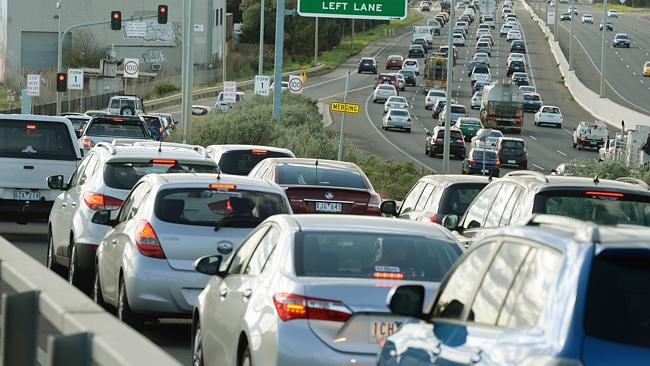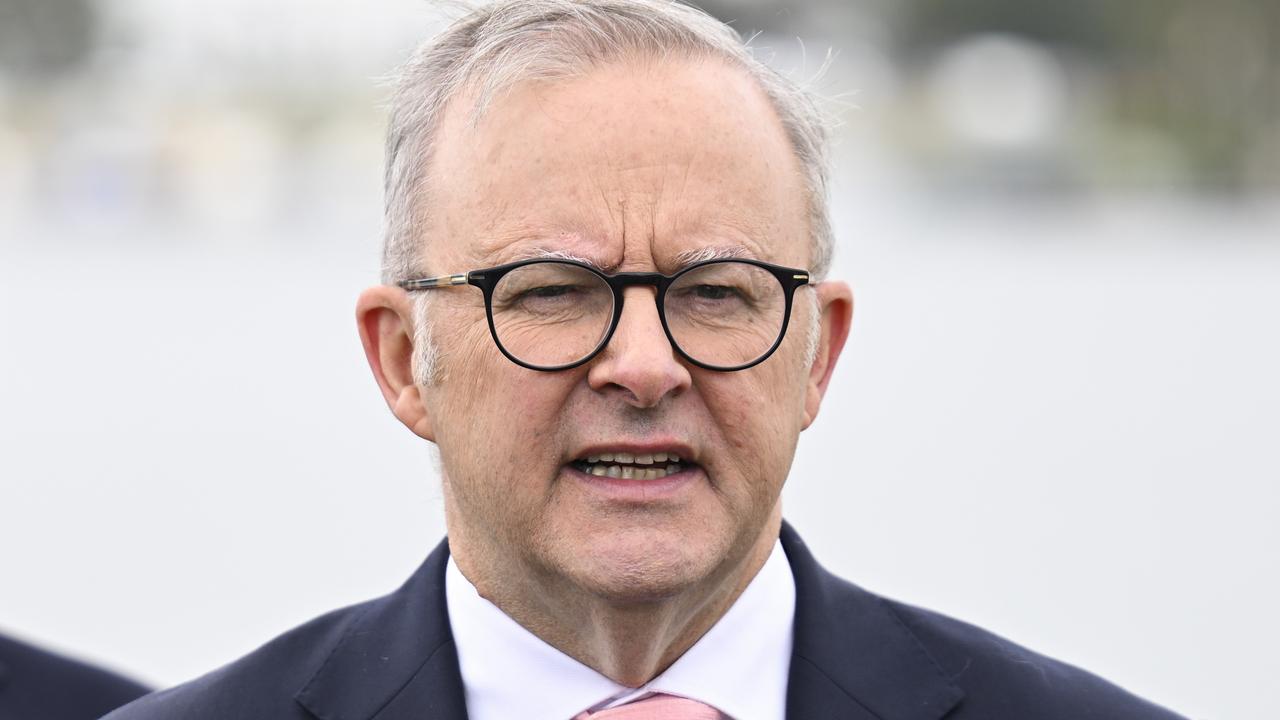Powerful planning group demands greater federal government involvement in fixing city woes
MORE than two thirds of Australians live in a capital city, but there is no one person in power to ensure that they work well. A powerful group wants to change that.

A MINISTER for Cities should be appointed by Prime Minister Tony Abbott, a powerful combination of developers and planners will demand in a report this week.
The Coalition government has ministers directly charged with managing regional development, and even the arts and sport. But nobody in the ministry — certainly not at the cabinet level — specifically deals with the economic and lifestyle problems of the capital cities, where two in three Australians live and which generate 80 per cent of our gross domestic product.
Those problems include congested roads, scarce public transport in some areas, and big distances between homes and essential facilities and jobs.
The report will be presented by the Australian Sustainable Built Environment Council (ASBEC), whose members include the Property Council, the Institute of Architects, the Planning Institute and Engineers Australia.
The ASBEC is supported by a cross-party parliamentary friendship group for better cities, and the Council of Capital City Lord Mayors.
The report will urge federal-led action on such city-based matters as:
● The shift to public transport and “active travel” such as cycling. More than 11.5 million bicycles were sold between 2001 and 2010 — 2 million more than the number of cars sold
● The economic importance of cities as providers of education, information and other services. The report says service industries now employ 85 per cent of Australians
● Ways to manage the massive energy consumption of cities more than 60 per cent of total demand, through transport, cooling and heating buildings and running manufacturing
● Designing cities to boost health and wellbeing of Australians by encouraging active transport, liveable streets and high-quality open spaces;
● Removing the gap between housing supply and demand, which stands at a shortfall of 228,000 new homes.
The report will urge the creation of an annual, transparent index of the performance of cities in critical areas.
It recommends that “through a Minister for Cities, the Australian Government lead the development of an intergovernmental agreement with the states and territories supporting: better data collection and research to understand our cities; evidence-based investment to drive productivity; new financing arrangements that leverage the strengths of every sphere of government helping to deliver more productive, liveable and sustainable cities”.
The report says cities and urban communities “represent the economic drivers of the nation: providing homes for millions, delivering and exporting our goods and services, creating jobs, providing centres of cultural and social exchange and a door to the rest of the world”.
“As we grapple with the challenges of climate change, an ageing and growing population, congestion, urban expansion, housing affordability, cost of living pressures and social marginalisation of minority groups, it is important we do not simply maintain the status-quo,” the report states.
“It is timely to take stock, to consider what next steps should be taken. Priorities need to be set, and a plan for action, which will realise a positive future for our cities must take priority.”




